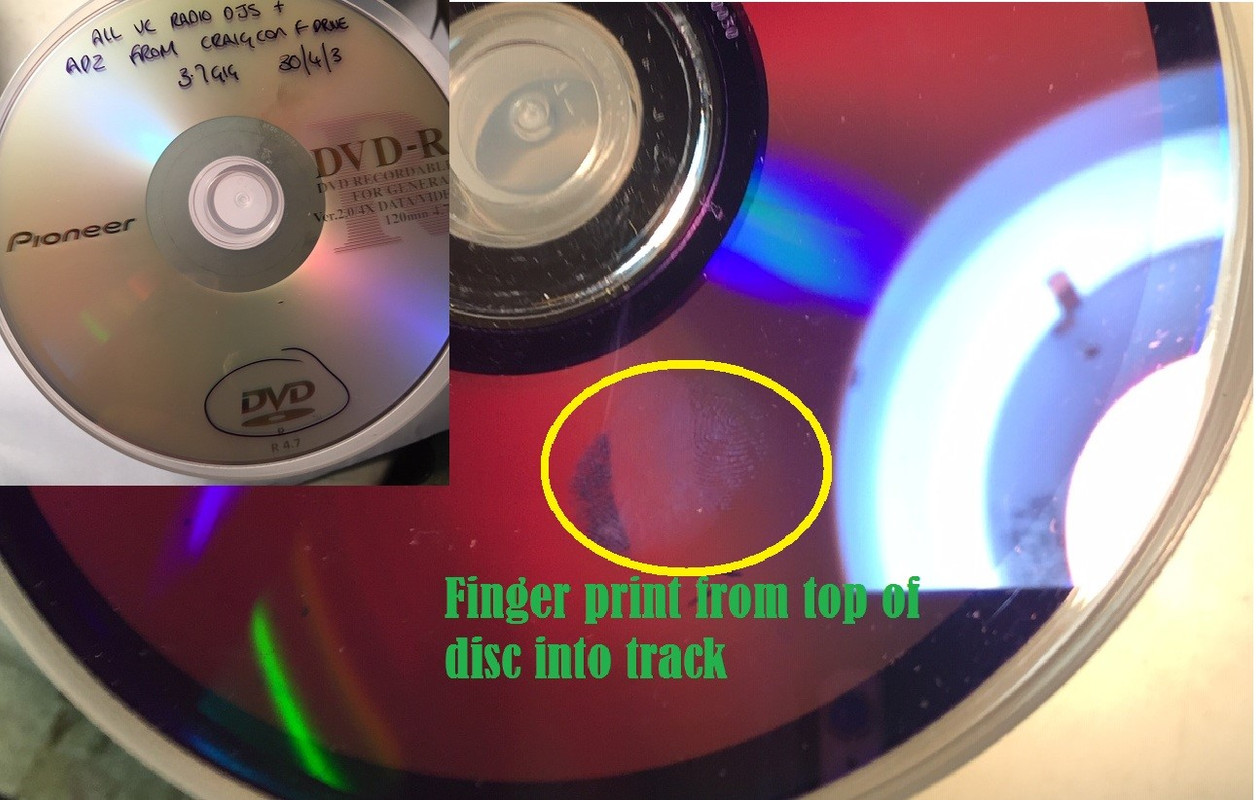The digital age has transformed the way we handle information. Never before could humankind record and store so much information and in such diversity. While the amount of data has increased exponentially, the predicted lifespan of the storage media hardly exceeds the lifetime of a human. Your CDs and DVDs are plastic, but they may or may not last forever. So how long do CDs, DVDs, and Blu-ray discs last?
PrimeArray will help to try and answer this question!
Lifespan of Different Optical Discs
Optical discs have been commercially available since the 1980s. Advances in materials and technology mean information is much safer now than before. While some estimates predict huge lifetimes for optical discs, we don’t agree — unless they are kept in perfect conditions, like a clean room.
By understanding the lifespan of optical discs and what causes them to fail, you can make choices to preserve your stored data.
How Optical Discs Are Built
- Coating layer that protects the reflective layer
- Shiny layer that reflects the laser
- Polycarbonate disc layer that stores the data

A label is applied above the coating layer, and re-writable discs contain a dye layer between the reflective and protective layers. The type of reflective layer, the quality of materials, and manufacturing determine the maximum lifespan of an optical disc.
Signs of Aging or Damaged Discs
- Oxidation or corrosion of the reflective layer
- Chemical reactions with contaminants such as dirt or grease from your fingertips
- Ultraviolet/light damage
- Breakdown of disc materials or bonding (top layer flaking)
PrimeArray systems, the experts in optical media, recommend that after 7-10 years, you should start to worry and take action to preserve your discs!
Not all media are the same. Commercially produced or M-rated discs may last longer. The weakest discs are usually user-burned discs produced with a standard optical burner.
For example, a PrimeArray customer’s disc was damaged over time from a single fingerprint on the top of the disc, even though it was only handled once. Invisible contaminants slowly destroyed the data track.
To make your media last decades, keep it clean, away from sunlight, and away from heat. Even occasional handling can introduce invisible damage. PrimeArray systems manufacture easy-to-use CD/DVD/optical media loaders and media servers that can transform large collections back to file and folder state on modern high-capacity storage while indexing the media.
PrimeArray also offers media migration services to convert all your media back to file and folder state quickly, accurately, and cost-effectively. You don’t have to lose any data!





















































































.webp)
















